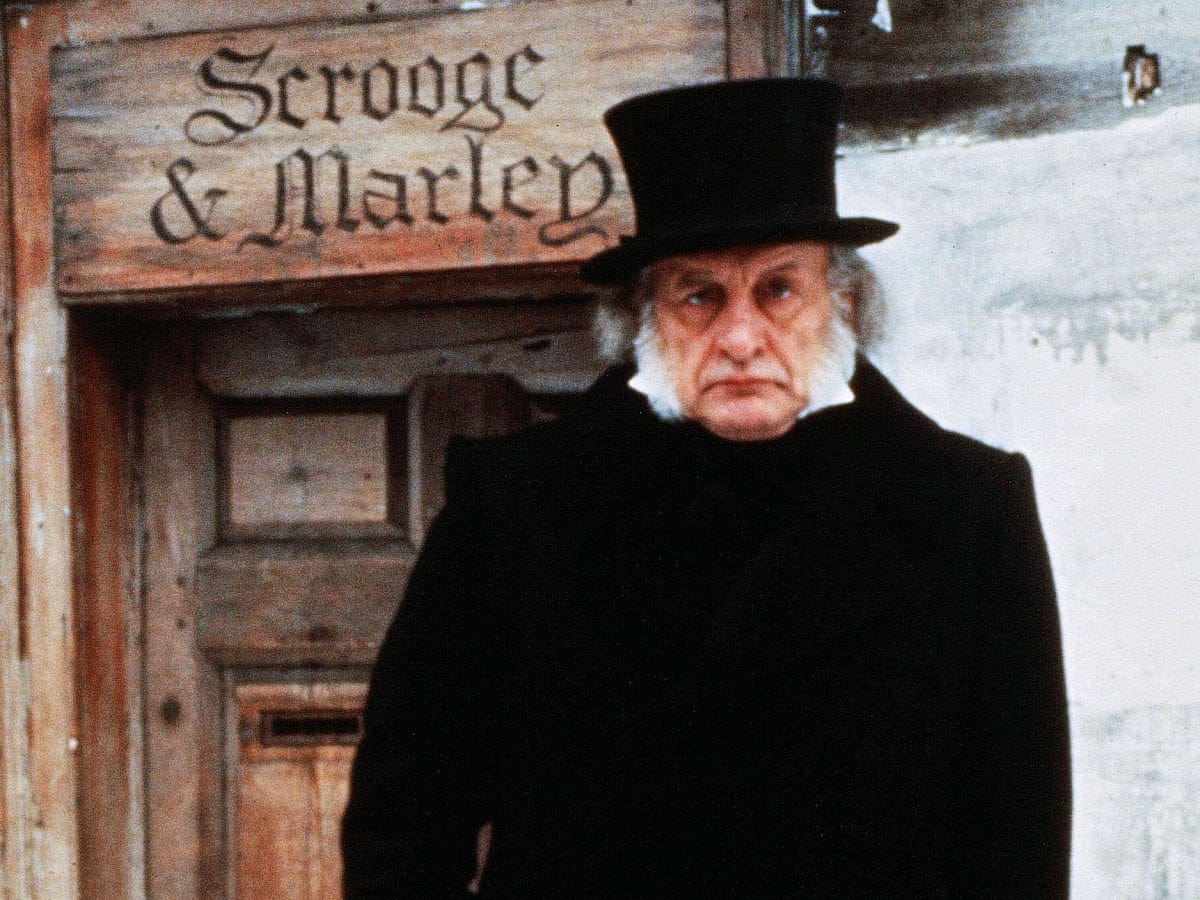You Are Free to Not Despair
A Year-End Exhortation
Gen-Z have obstacles in front of them that millennials like myself did not. I’m grateful that I know a childhood apart from the Internet and apart from the smartphone, and that my middle school years were almost nothing like the digital fight for existence depicted in Bo Burnham’s film Eighth Grade. But I am grateful (for their sake) that Gen-Z did not …



